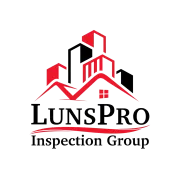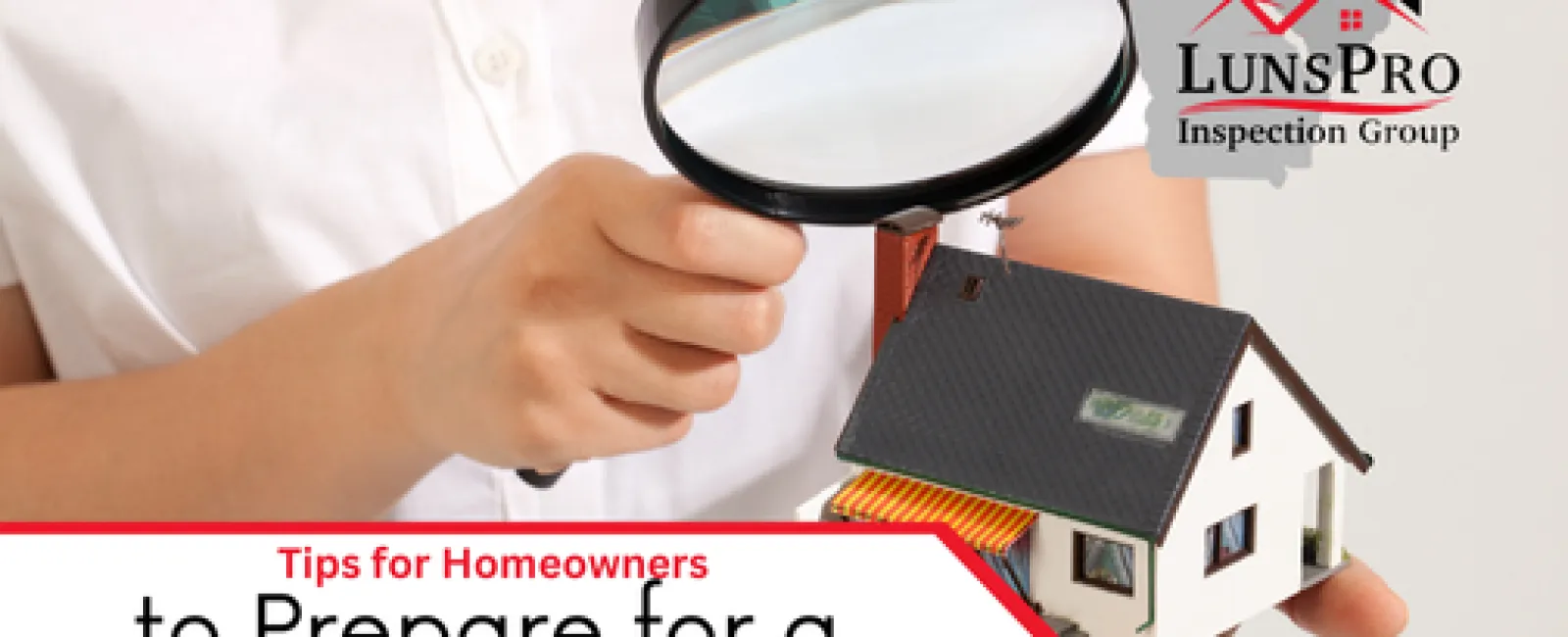Preparing for a professional home inspection can be a daunting task for homeowners. However, with the right preparation, the process can be smooth and beneficial. LunsPro Inspection Group, a trusted company of Atlanta, GA home inspectors, provides comprehensive Atlanta residential and commercial home inspections. Here are some essential tips to help homeowners prepare for a professional inspection.
Understanding the Inspection Process
Knowing what to expect during a home inspection can help homeowners prepare more effectively. LunsPro's inspections cover a wide range of areas, including structural integrity, electrical systems, plumbing, roofing, and more. Specialized inspections such as Atlanta drone inspections, Atlanta septic and sewer scope inspections, Atlanta radon testing, Atlanta mold and air quality testing, and Atlanta pool inspections provide a thorough assessment of the property.
- Scheduling the Inspection: Schedule the inspection at a convenient time, allowing for enough time to address any issues that may arise. It's also important to ensure that the inspection is scheduled well in advance of any deadlines, such as those related to a home sale or purchase.
- Documentation: Gather all necessary documents, such as repair receipts, warranties, and maintenance records. These can provide valuable information to the inspector and demonstrate that the property has been well-maintained. Having these documents ready can also speed up the inspection process and help the inspector provide a more accurate assessment.
- Knowing the Scope: Understand the scope of the inspection. LunsPro's inspections are comprehensive, but knowing specific areas of concern can help homeowners focus their preparations. For example, if there have been past issues with the roof or plumbing, ensure these areas are particularly accessible and any previous repairs are well-documented.
Preparing the Property
Ensuring that the property is ready for inspection can help the process go smoothly and efficiently.
- Clean and Declutter: A clean and clutter-free home allows the inspector to access all areas easily. Ensure that attics, basements, and crawl spaces are accessible. Clear away any items that might obstruct access to key areas, such as utility rooms, electrical panels, and storage spaces.
- Check Utilities: Make sure that all utilities, including water, electricity, and gas, are turned on. The inspector will need to test appliances, plumbing, and electrical systems. Additionally, make sure that all pilot lights are lit and that appliances like the stove, oven, and furnace are ready to be tested.
- Provide Access: Ensure that all areas of the property are accessible, including attics, basements, crawl spaces, and outbuildings. Remove any obstructions that may prevent the inspector from accessing these areas. This includes unlocking gates, doors, and providing keys or access codes as needed.
- Safety Measures: Ensure that the property is safe for the inspector. This includes securing pets, fixing loose steps or railings, and ensuring that there are no hazardous conditions, such as exposed wiring or slippery floors.
Addressing Minor Repairs
Taking care of minor repairs before the inspection can help present the property in the best light and avoid potential red flags.
- Fix Leaks: Repair any leaks in faucets, toilets, and pipes. Water damage can be a significant concern for inspectors. Even minor leaks can lead to larger issues, so addressing these before the inspection can prevent them from becoming major points of concern.
- Replace Filters: Change the filters in HVAC systems. This simple step shows that the system is well-maintained and can help improve the overall air quality in the home.
- Test Smoke Detectors: Ensure that all smoke detectors and carbon monoxide detectors are functioning properly. Replace batteries if needed and test each unit to ensure it is working correctly.
- Yard Maintenance: Trim back any overgrown bushes or trees that might block access to the exterior of the house. This can also help with the overall appearance and impression of the property.
Specialized Inspections
Depending on the property, specialized inspections may be necessary. LunsPro offers various specialized services that provide a comprehensive assessment of the property.
- Atlanta Drone Inspections: If the property has hard-to-reach areas such as roofs or upper-level structures, consider a drone inspection. This advanced technology ensures that no detail is overlooked and provides a thorough visual inspection of areas that might otherwise be inaccessible.
- Atlanta Septic and Sewer Scope Inspections: For properties with septic systems, a septic and sewer scope inspection can identify any issues in the sewer lines. These inspections can reveal blockages, leaks, or other problems that might not be visible through a standard inspection.
- Atlanta Radon Testing: Radon is a hazardous gas that can affect indoor air quality. Testing for radon ensures the property is safe and can prevent potential health issues associated with long-term exposure.
- Atlanta Mold and Air Quality Testing: Mold and poor air quality can impact health and property value. This inspection identifies any environmental hazards, such as hidden mold growth or pollutants, that might not be immediately visible.
- Atlanta Pool Inspections: If the property has a pool, a pool inspection can ensure it is in good condition and meets safety standards. This includes checking the pool's structure, equipment, and safety features to ensure it is safe and functional.
Communicating with the Inspector
Effective communication with the inspector can provide valuable insights and help address any concerns.
- Be Present: If possible, be present during the inspection. This allows you to ask questions and gain a better understanding of the property's condition. Being present also gives you the opportunity to hear the inspector's observations firsthand and get immediate feedback.
- Ask Questions: Don't hesitate to ask the inspector questions about their findings. Understanding the details of the inspection report can help you make informed decisions. If there are any terms or findings you do not understand, ask for clarification.
- Follow-Up: After the inspection, don't hesitate to reach out to the inspector if you have any further questions or need more information. A good inspector will be happy to provide additional insights and explain their findings in more detail.
Preparing for a home inspection with these tips can help ensure a smooth and successful process. By understanding the inspection process, preparing your property, addressing minor repairs, and communicating effectively with your inspector, you can gain valuable insights into your home's condition and take steps to maintain and improve it.

